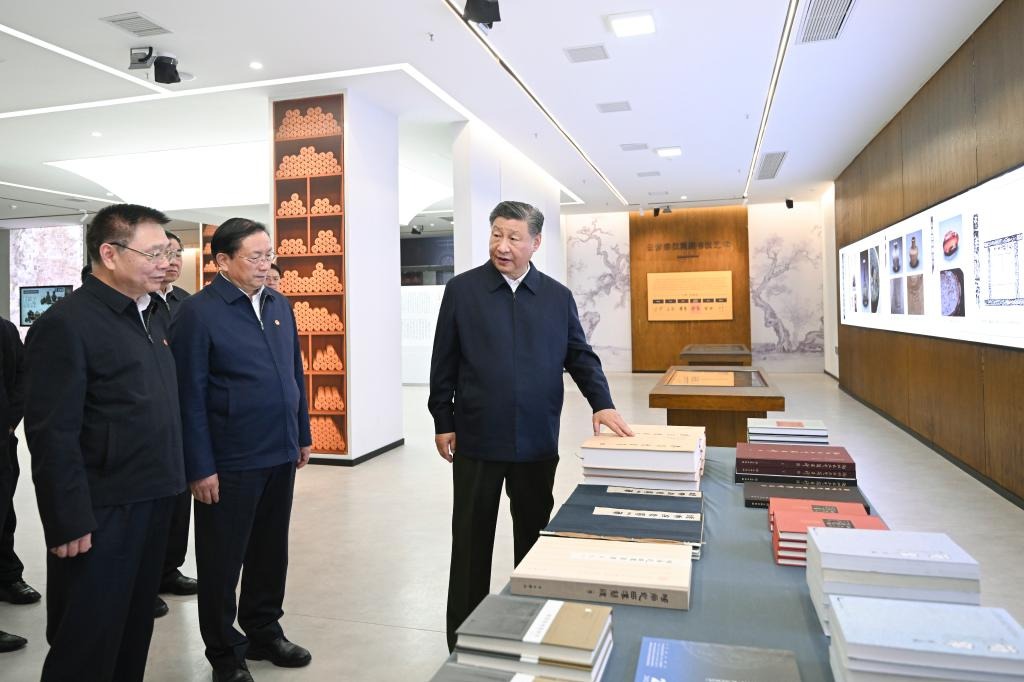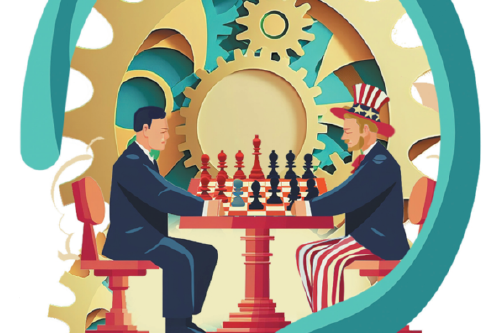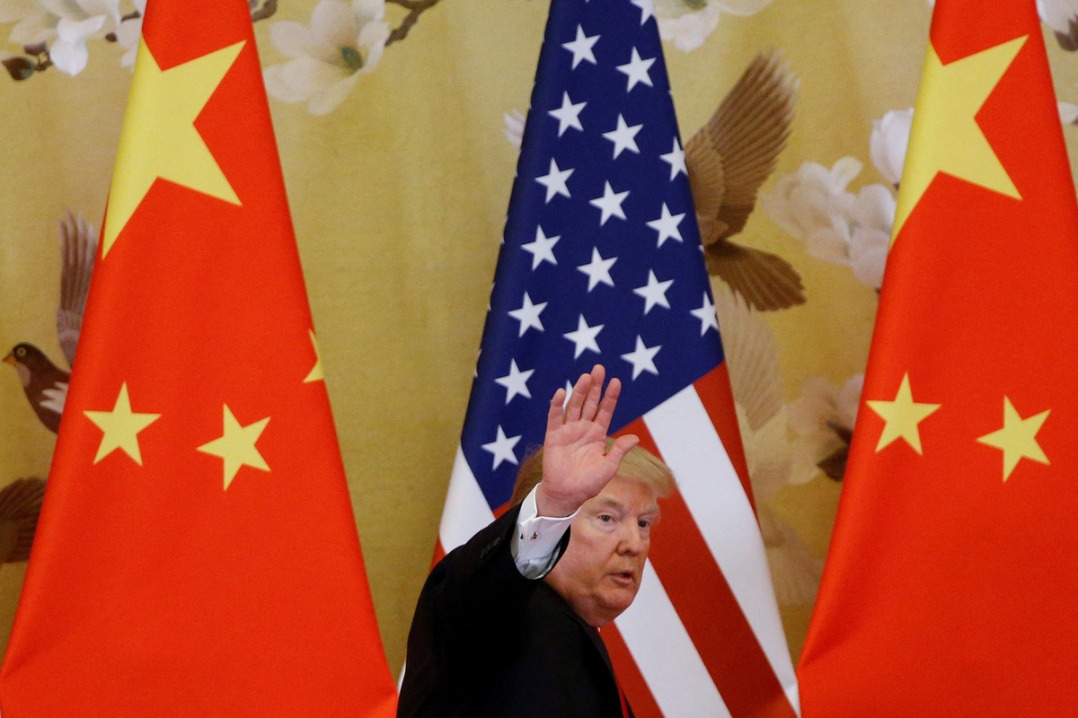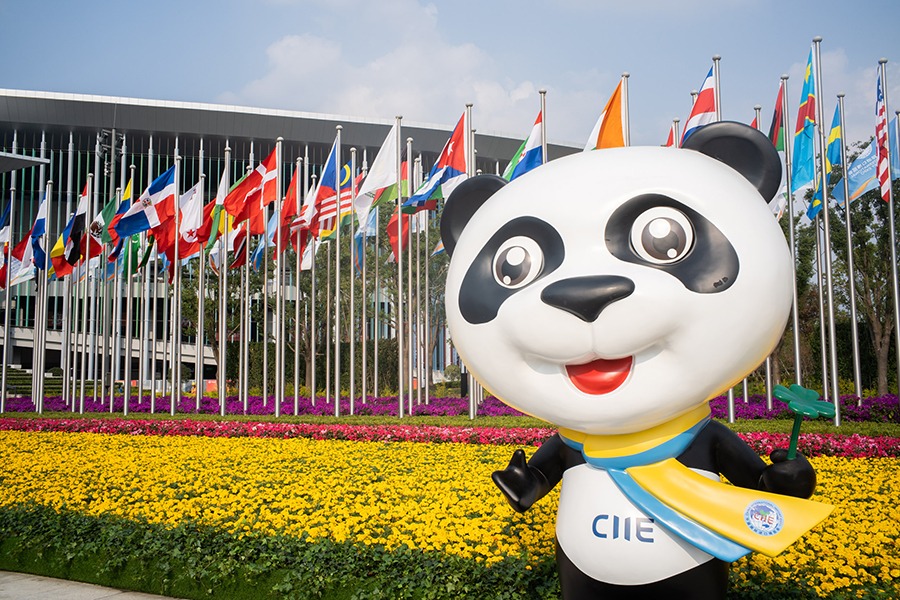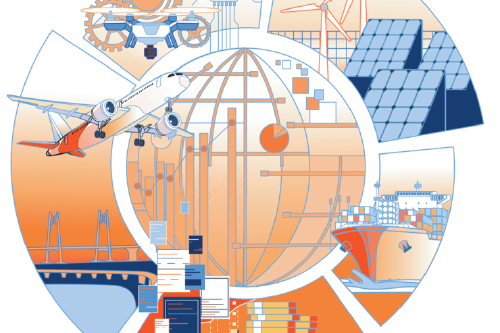NATO, not China, responsible for global instability

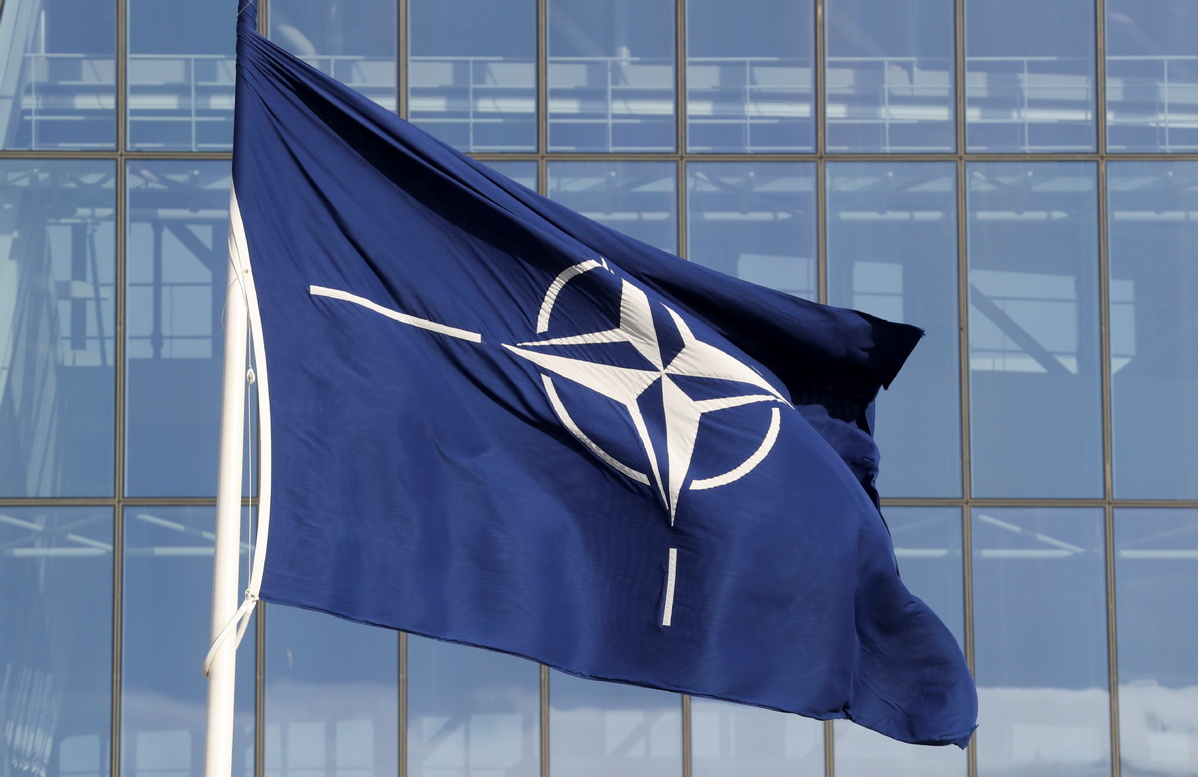
At a panel discussion during the Davos Forum on January 16, NATO Secretary-General Jens Stoltenberg delivered a speech in which he claimed that NATO will remain a"regional alliance" and does not consider China as an"adversary". However, he added,concerns have risen for NATO due to China's substantial investments in military capabilities and its activities in the South China Sea.
Stoltenberg asserted that NATO is not moving into Asia, yet China approaches NATO on issues such as Africa and the Arctic. This perspective raises questions, blurring the lines between right and wrong. China's involvement in economic exchanges with African nations and collaboration with Arctic countries for peaceful purposes carries no military implications. If NATO truly functions as a defensive regional organization, it should focus on the security and defense concerns of its member countries rather than extending its influence to regions such as Africa, the Arctic, and the South China Sea.
Since the end of the Cold War, NATO has faced scrutiny regarding its purpose and rationality. In seeking new missions, the organization expanded its membership, increased its activities, and broadened its areas of intervention. This shift from defense to offense and collective security to unilateral actions, exemplified by interventions in Yugoslavia, Iraq, Libya, and Afghanistan, has raised concerns about NATO's impact on global peace and security.
In recent years, NATO's strategic focus has noticeably shifted to the Asia-Pacific, viewing China as a challenge and rival. Stoltenberg's repeated groundless accusations against China, labeling it a "systemic challenge" and plans for an "Asia-Pacific version of NATO" to contain China's development pose not only a threat to China but also jeopardize peace and stability in the region.
The Asia-Pacific, characterized by dynamism and potential, requires peace, stability, and mutual respect for development. As a regional military organization, NATO's intervention in the Asia-Pacific will only bring instability, conflict and disaster, posing significant security risks and political challenges to the entire region.
Rather than establishing imaginary enemies and perpetuating confrontation, Stoltenberg should contemplate how NATO can adapt to the times, contribute to world peace, and foster security. The Asia-Pacific is not an arena for conflict, and NATO should consider a constructive role in promoting cooperation and understanding.





















